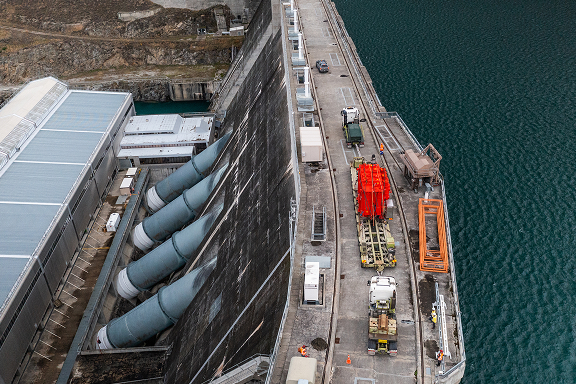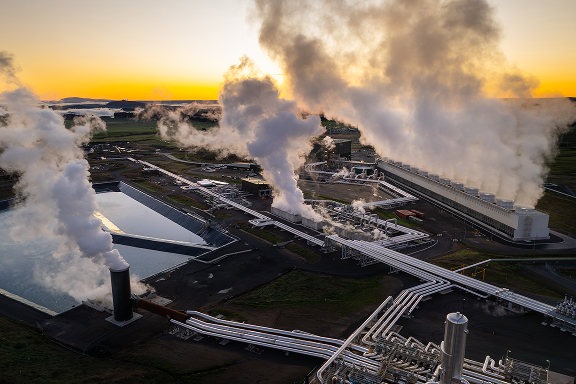Paris Agreement goal
We support the Paris Agreement’s goal of limiting the increase in global average temperature to well below 2°C above pre-industrial levels, and we are pursuing efforts to limit the increase to 1.5°C.
Net zero scope 1 and 2 emissions by 2035
Direct emissions from our power plants (scope 1), and all emissions from the purchase and use of electricity (scope 2) will be net zero by 2035. This will be achieved through investment in new renewable generation, the closure of baseload thermal generation, reducing our reliance on thermal peaking generation during periods of peak demand, carbon capture and reinjection, forestry offsets, and demand response innovation.
Science Based Target initiative (SBTi)
Contact was the first electricity company in New Zealand to set emission reduction targets through the Science Based Target initiative (SBTi). This initiative independently measures our progress to decarbonise and ensures that our targets regarding Climate Change are ambitious and in line with the current science required to minimise global warming to 1.5 degrees. We support a science-based approach to decarbonisation of the economy and believe that a science-based approach should guide mitigation actions and government policy on climate change.
Our current verified targets are:
- To reduce our scope 1 and 2 greenhouse gas emissions by 45% by 2026
- To reduce absolute scope 1 and scope 3 emissions from all sold electricity by 45% by 2026
- To reduce our scope 3 emissions from use of sold products by 34% by 2026











